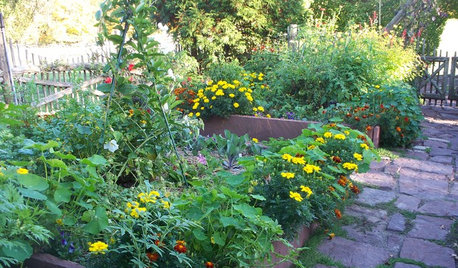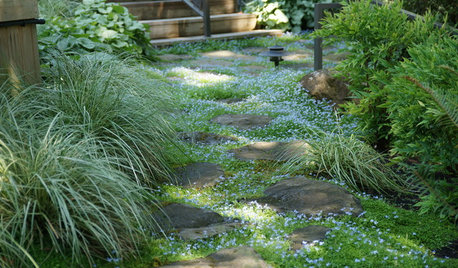Recommend a good book on plant pests and diseases
User
10 years ago
Featured Answer
Sort by:Oldest
Comments (8)
gardengal48 (PNW Z8/9)
10 years agoUser
10 years agoRelated Professionals
Edmond Landscape Architects & Landscape Designers · Maple Valley Landscape Architects & Landscape Designers · Horsham Landscape Architects & Landscape Designers · Medford Landscape Contractors · Arlington Landscape Contractors · Concord Landscape Contractors · Fishers Landscape Contractors · Laguna Hills Landscape Contractors · Mequon Landscape Contractors · Raleigh Landscape Contractors · Spring Landscape Contractors · New Carrollton Landscape Contractors · Raytown Landscape Contractors · Brea Driveway Installation & Maintenance · Hockessin Driveway Installation & Maintenancerhizo_1 (North AL) zone 7
10 years agoUser
10 years agostrobiculate
10 years agoUser
10 years agogardengal48 (PNW Z8/9)
10 years ago
Related Stories

GARDENING GUIDESTree Care: Common Tree Diseases and What to Do About Them
Learn to recognize trees that may be affected by diseases or pests so you can quickly take action
Full Story
GARDENING GUIDESOrganic Matters: Thwart Insect Pests With Trap Crops
Add a few sacrificial plants to your garden to lure insects away from the harvest
Full Story
GARDENING GUIDESGreat Design Plant: Rosa Banksiae a Low-Maintenance Beauty
This thornless, disease- and insect-resistant rose brings showers of white or yellow flowers to the spring garden
Full Story
EDIBLE GARDENSGarden BFFs? Why Your Vegetables Are Begging for Companion Plants
Foster friendships among plants for protection from pests, pollination support and color camaraderie
Full Story
GARDENING FOR BUTTERFLIESGardening for the Bees, and Why It’s a Good Thing
When you discover how hard bees work for our food supply, you may never garden without them in mind again
Full Story
FARM YOUR YARDHello, Honey: Beekeeping Anywhere for Fun, Food and Good Deeds
We need pollinators, and they increasingly need us too. Here, why and how to be a bee friend
Full Story
GARDENING AND LANDSCAPING4 Good Ways to Get Rid of Mosquitos in Your Yard
Stay safe from West Nile virus and put an end to irksome itches with these tools and methods for a porch, patio or yard
Full Story
GARDENING GUIDES9 Low-Growing Hedges That Make Good Neighbors
Define garden areas or borders without blocking the view, with these evergreen shrubs that take kindly to trimming
Full Story
LANDSCAPE DESIGNWhy the Art of Restraint Is So Good for Your Garden
Drifts of naturalized plantings offer the perfect inspiration for your home landscape
Full Story
GARDENING GUIDESMake Sure You Read This Before Buying New Plants
Follow these 10 plant-selection tips to avoid buyer’s remorse
Full StorySponsored






UserOriginal Author